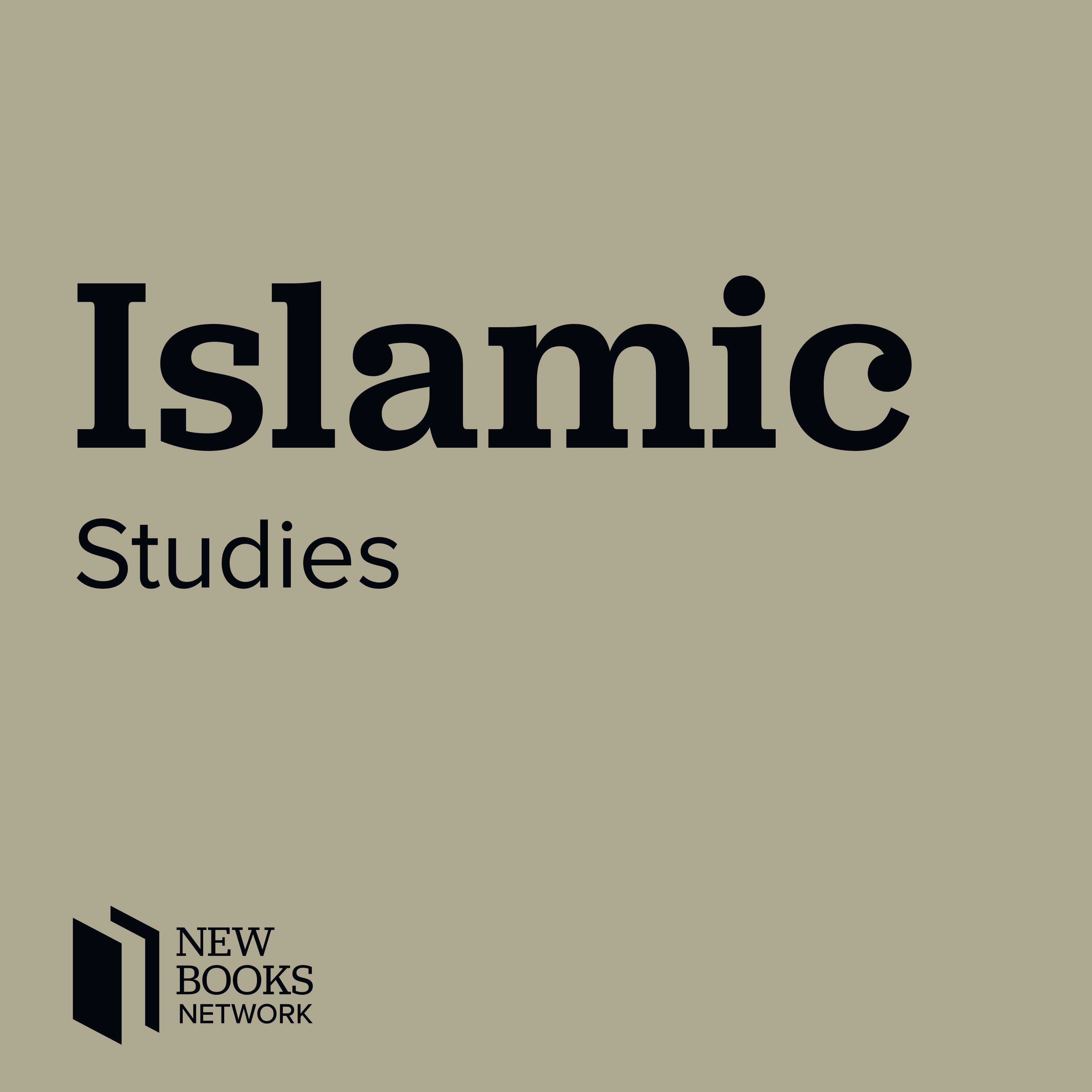Eren Tasar, “Soviet and Muslim: The Institutionalization of Islam in Central Asia” (Oxford UP, 2017)
Description
How was the Soviet Union able to avoid issues of religious and national conflict with its large and diverse Islamic population? In his new book, Soviet and Muslim: The Institutionalization of Islam in Central Asia (Oxford University Press, 2017), Eren Tasar argues that the Soviet Union was successful in building its relationship with Muslims in Central Asia because it created a space for Islam within the state’s ideology.
Exploring sources from Kyrgyzstan, Tajikistan, and Uzbekistan, Tasar gives readers an understanding of how the USSR created and used institutions to manage Islam following World War II. Soviet and Muslim provides a new prospective on the relationship between Islam and the Soviet state as it shows that the relationship between them was not based on government oppression of religion, rather it was one of accommodation and flexibility on both sides. Tasar also shows the continuities between tsarist and Soviet policy towards Muslims in Central Asia, and places Soviet Muslim policy in a global context.
Kimberly St. Julian-Varnon is a history professor.
Learn more about your ad choices. Visit megaphone.fm/adchoices
Support our show by becoming a premium member! https://newbooksnetwork.supportingcast.fm/islamic-studies
More Episodes
In Terracene: A Crude Aesthetics (Duke UP, 2023), Salar Mameni historicizes the popularization of the scientific notion of the Anthropocene alongside the emergence of the global war on terror. Mameni theorizes the Terracene as an epoch marked by a convergence of racialized militarism and...
Published 05/05/24
How are notions of justice and equality constructed in Islamic virtue ethics (akhlaq)? How are Islamic virtue ethics gendered, despite their venture into perennial concerns of how best to live a good and ethical life? These are the questions that Zahra Ayubi, an assistant professor of religion at...
Published 05/04/24
Published 05/04/24


